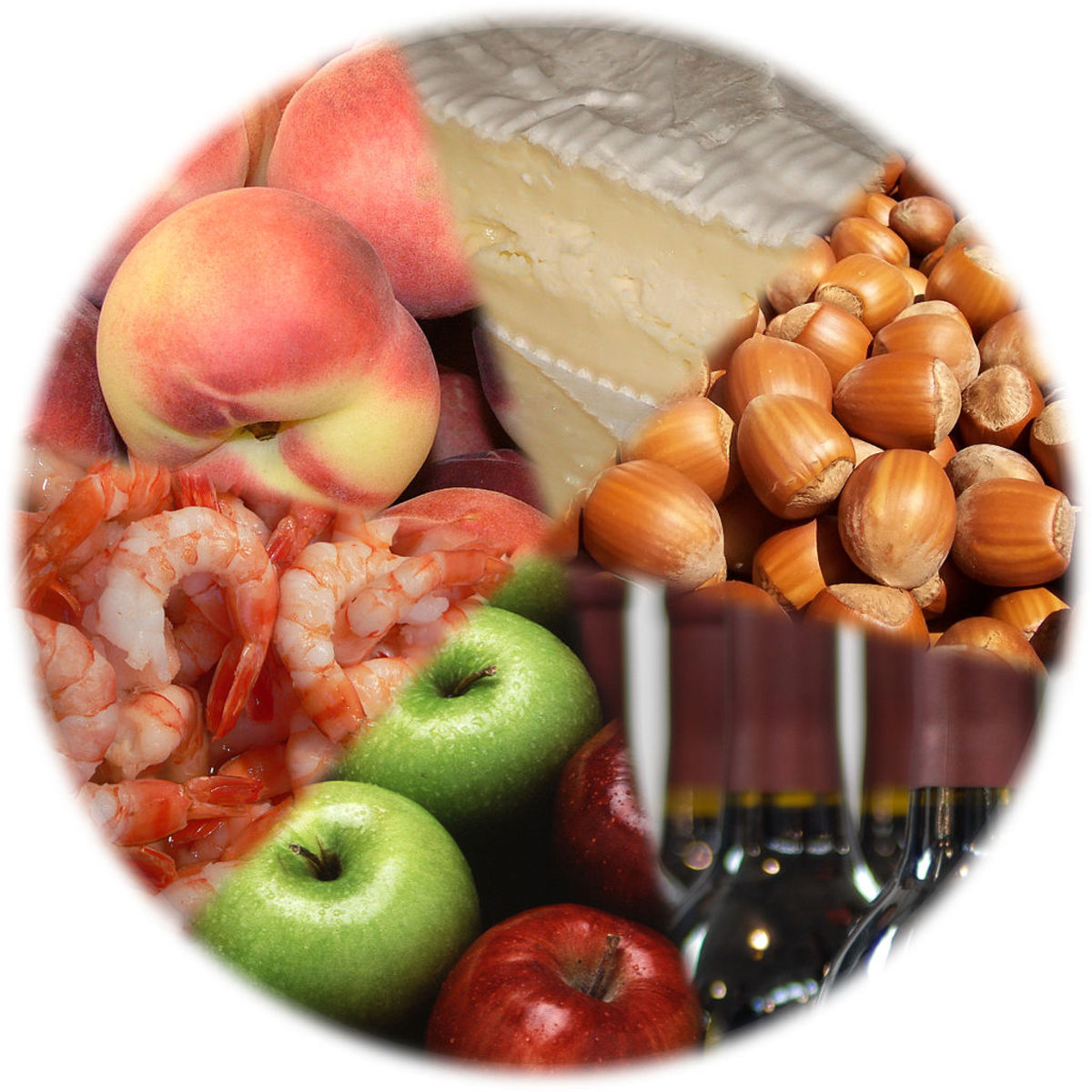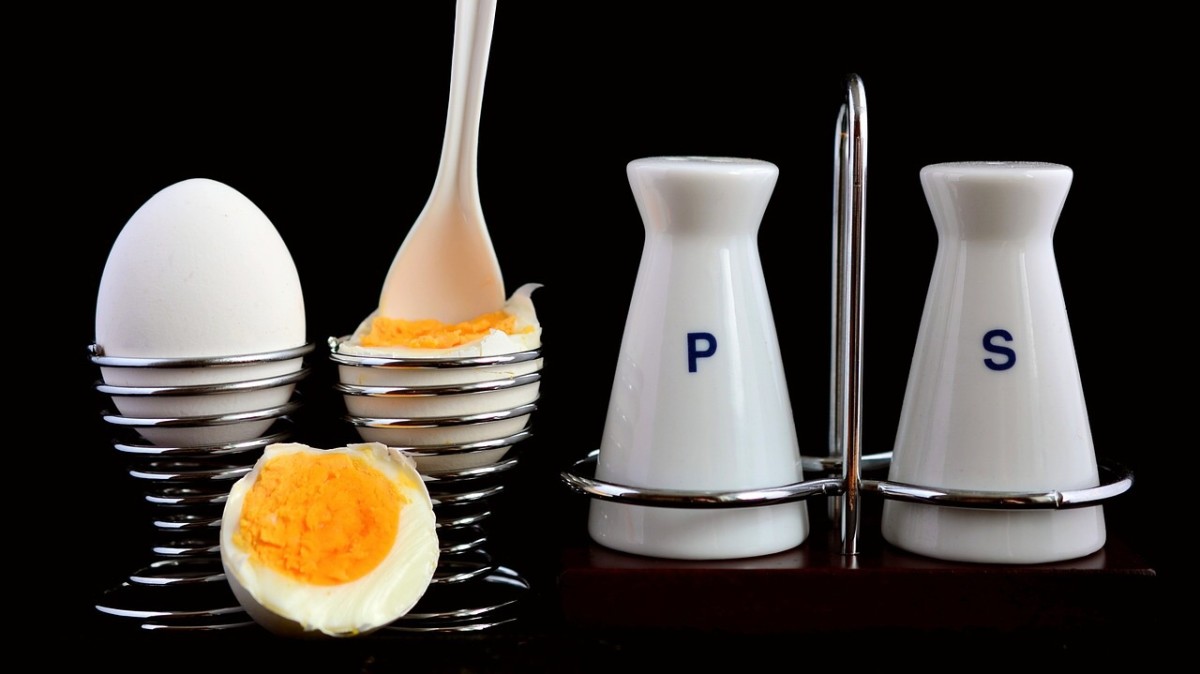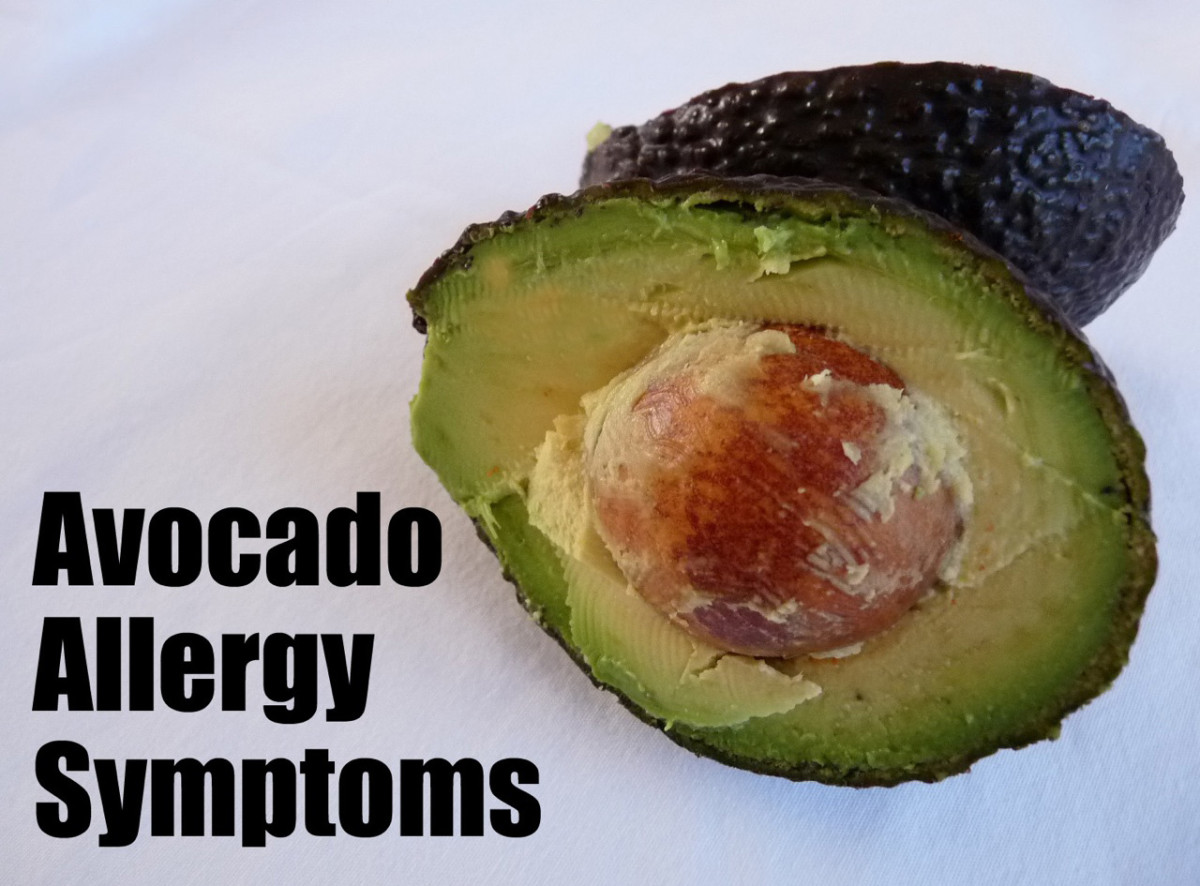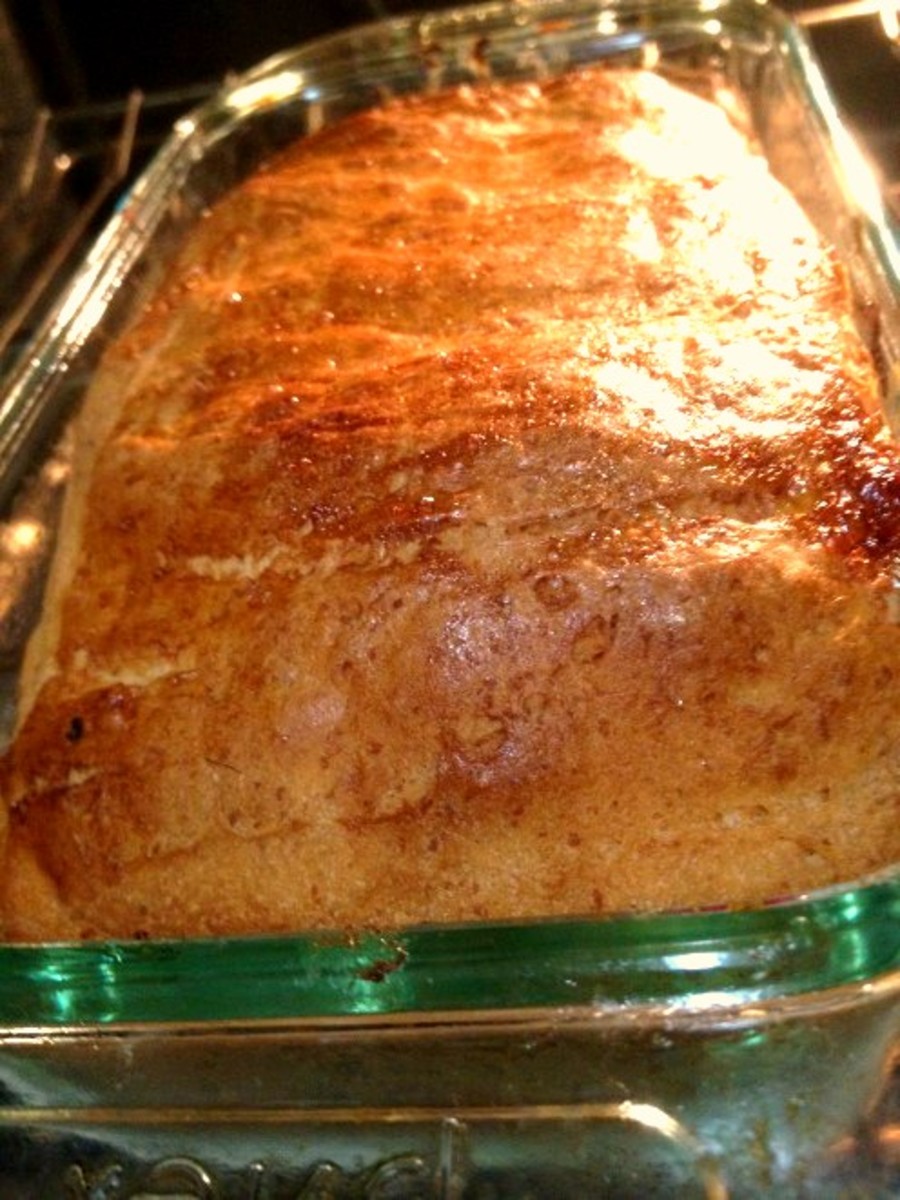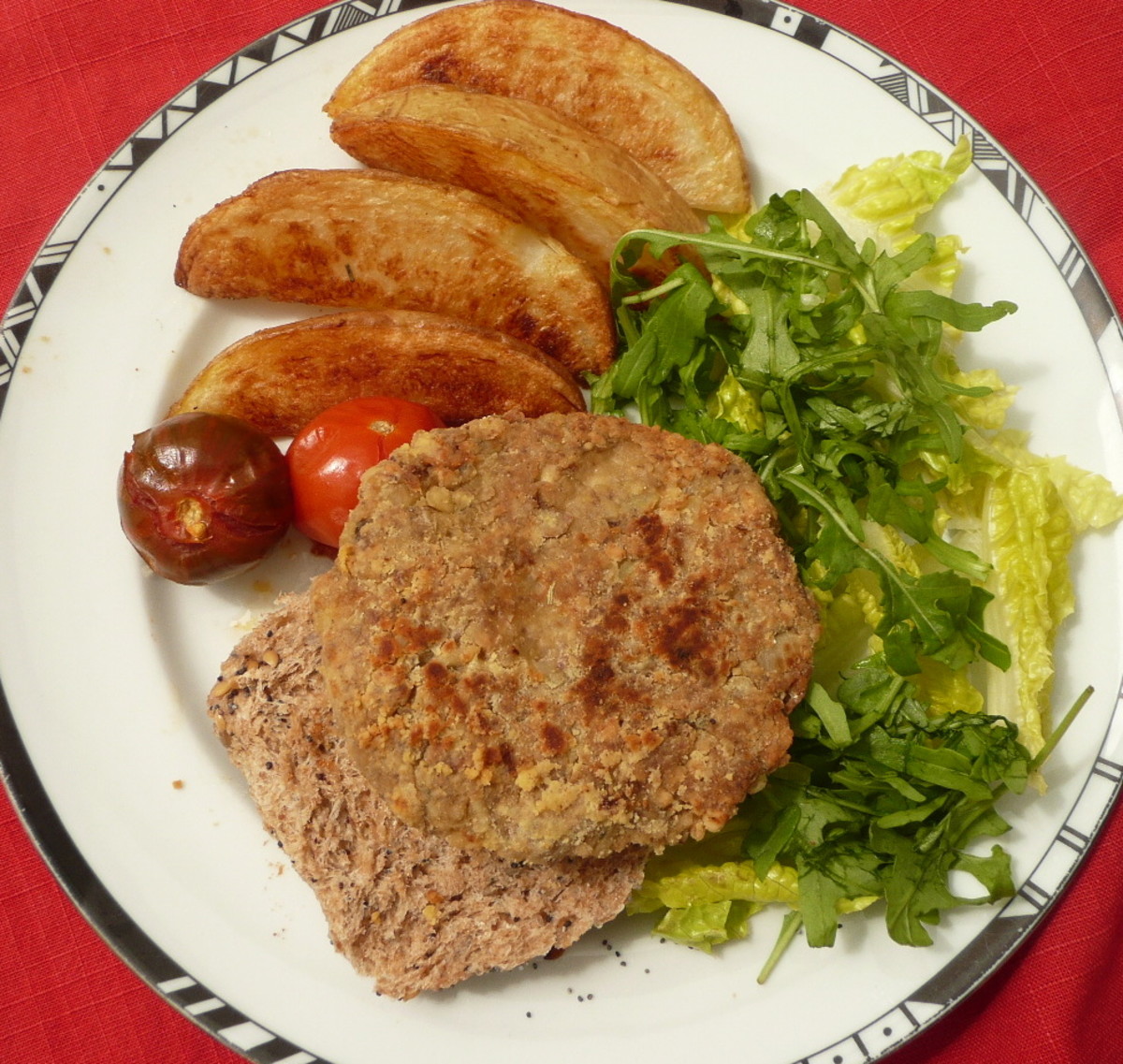Food Allergies and Etiquette
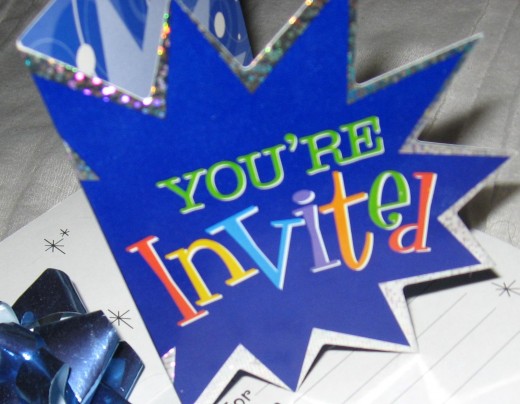
"No thank you," Who would have ever thought that three little words could be charged with emotional backlash? Three little words, polite words, used to protect oneself from a potentially fatal reaction are hard to say; and sometimes hard to hear.
There was a time when children were taught to eat what was put before them without question. Emily Post, a well known authority on etiquette, states that a guest should taste everything that is offered. In some countries, turning down a food offering is an unforgivable slight. I've even heard it said that it is better to go to the hospital than it is to be as rude as to say "No, thank you," when your host graciously offers you a dish.
Every year, nearly 10,000 hospital visits are caused by food allergies. Allergies to food have increased by 18% in the past 10 years. More than 3% of adults report experiencing reactions to one or more foods, and up to 8% of children have severe food allergies. Food allergies are believed to be responsible for nearly 200 deaths every year. Which means that for thousands of food allergy sufferers, particularly those with a nut allergy, not only are the words "No, thank you" not meant to be an insult. They're considered a life preserver.
Host Etiquette
- Keep the room free of airborne allergens
- Keep nuts and other known allergens out of reach of any children
- Answer questions about ingredients with a smile. Offer packages to double check ingredient lists if asked.
- Be honest. If you can't accommodate an allergy, be upfront and say you're overwhelmed. Suggest the guest bring their own snack and come for the atmosphere.
- Remember a party is much more than just food. Don't press guests to eat, just offer and accept gracefully if they refuse.
When kids are involved, the food situation always gets trickier. Toddlers, especially, tend to be unaware of the danger of their allergy or what could trigger a reaction. Their parents dread going out, parties for them are a time of high alert, eagle eyes and constant diversions and interceptions. For their sake, keep allergens out of reach or put snacks in a no-kid zone.
If you're inviting nut allergic kids to your party, skip the nutty hors d'oevres altogether in favor of olives and nut free crackers. Their parents will breathe easier and you won't risk the party being interrupted by the arrival of an ambulance.
Good Manners for the Host: Don't Kill Anyone
Some party hosts want to do it all. They want their guests to sip wine (or punch), munch away on hors d'oevres, and laugh and talk and have a good time. They crave good food reviews like guests crave more chips. If one of your guests has food allergies, you're going to have to change your idea of the perfect party.
In a non allergic world, when someone suspiciously asks what's in a dish, the host coyly grins and hands them a small taste. "Try it. You'll love it," they say with a smile. Only after that fateful first bite are ingredients admitted to. "Really?" the party goer asks, taking a heaping serving, "It's delicious." Direct questions like "Are there nuts in here?" or "Is there strawberry in this punch?" are gracefully sidestepped because, as any chef knows...a magician never reveals his secrets. But anyone catering to a food allergic individual needs to be completely transparent with ingredient lists.
If you want to try to accommodate the needs of someone with food allergies, learn about cross contamination and keep all ingredient labels. Ask your food allergy guest questions, learn their safety needs and invite them into your kitchen. They may not take you up on the offer, but the offer itself means you are open, willing to accommodate, and probably going to be sincere when you begin answering their questions.
When you host a dinner or birthday party, etiquette rules do not require you to provide safe food for everyone. Your job, as host or hostess, is to provide a pleasant experience overall. Stressed out guests who don't want to offend you are not satisfied guests. So forget jumping through hoops to read minds. You don't have to learn it all. You can be honest and confess that it's too hard. Your gluten free, nut free, dairy free, soy free and whatever else free guests will appreciate your honesty. They'd rather go hungry than get sick. They'd rather do anything other than interrupt your party with an allergic reaction.
The only required accommodation as far as etiquette goes would be to remove any serious hazards from the area. If you expect guests with allergies to nuts, confine those to the kitchen. Guests with gluten intolerance shouldn't be expected to be in an area where flour is airborne. Skip the babyfood taste tests at the next baby shower you host, and forget those 'Name the Candy Bar' games. Sure, they're fun. But they really keep the food allergic guest on their toes, which makes it hard for them to let their hair down and relax. If you know someone with food allergies will be attending a function, ask them if there are any concerns about the environment. They'll let you know how cautious you need to be with drinks, hors d'oevres and scented candles.
Guest Etiquette
- Let your host know your needs and expectations beforehand.
- Don't expect any major concessions for your allergy. Asking for ingredients is reasonable. Asking for simple safety measures, like a nut free room, is reasonable. Asking them to re-plan the entire menu is not reasonable. If the plans aren't safe for you, offer to bring food to share or simply inform your host that you'll bring your own.
- Snack discreetly if you've secreted away safe food in your purse. You don't want anyone to think you don't trust the host's cooking, even (especially?) for safety reasons.
- If you've brought a safe dish, it's understandable to hover nearby and protect it from cross contamination, but try to act natural. Chat, snack on the safe dish, center dishes using a critical eye for style (and crumbs). If your safe dish becomes contaminated, try not to cry. (Yes, I know how hard that can be) Just smile and avoid eating.
- If you leave early due to food and the lack of it, don't tell your host why you're leaving. Simply thank them for a great time. Try to focus on what went right during the evening. You can eat at home. But you can't necessarily socialize there.
Allergic Guests: Survive
As a guest with food allergies, the rules of etiquette get fuzzy. You want to be polite. You don't want to steal anyone's thunder. Allergy conversation can get tiresome. But; you also want to be safe. After all, leaving the party in an ambulance is going to be much more of a distraction and party spoiler than simply refusing any cake.
Everyone has to eat sometime, and it is really hard to avoid the food at parties. Any dieter will tell you that the self control necessary to avoid tasting anything at a party is superhuman. So don't set yourself up for failure, if you plan to avoid eating completely you'll either end up snapping at all the allergen eaters, or you'll find somewhere to hole up and have a pity party. Neither is good for your social life.
The survival rule when it comes to food allergies is to first protect yourself, and second plan ahead. (Planning ahead can help you reach the first goal, but since you never know what will come up out of the blue, you need to always be prepared to offend someone by protecting your own health.) Planning ahead may mean contacting the host to be involved in dining plans. Or it may mean just bringing your own snacks, either sneaking them in and subtly snacking or asking for a safe hidey hole in the kitchen (one where they won't be uncovered and contaminated.)
- Before the party. Before arriving, it's a good idea to give the host or hostess a heads up. Email can be an ideal way to do this, since there's more time for them to reflect at their leisure. A simple "Looking forward to the birthday party! BTW; I've got some serious nut allergies, mind if I bring some cookies to share?" lets them off the hook and ensures you have a sweet treat.
- During the Party. You're the one with food allergies. If the host wants to accommodate you and you want the menu to be safe, offer to bring something. Cookies, maybe. Or dairy free ice cream. Then get in the kitchen, and help serve...while gently protecting the 'safe' food from contamination with crumbs or drips of unsafe food. If they turn down the offer, at least you tried.
- After the Party. Even if things don't go smoothly, if your host tried to accommodate you remember to thank them. You don't have to lie and tell them they did a great job if you just stabbed yourself with an epi pen and are heading to the hospital. But you can still thank them for trying. Most likely, you skipped the need for an epi and had a great time overall. You can be specific about something that went right, and maybe next time it will go more smoothly. And of course, if everything really did go smoothly, you can honestly and wholeheartedly thank them for that. Not just at the door, but in a follow up email that says something like "Had a great time last night. Just wanted to thank you again for being so understanding about the allergy issue. I know it's a pain, but it really meant a lot to me that you (insert way host went beyond expectation) to include me (or my family)."
How to Sidestep the Allergy Discussion
Sometimes you don't want your allergy to be in the limelight. While it may not be PC, there will always be someone who says things like "Oh, just one bite won't kill you." Even though the questions might be rude (or lead to rude comments, even if they are well intentioned), you don't want to duke it out in the middle of a party. Discussion is one thing, and if you feel like talking then go for it. Allergies can be a fascinating ice breaking conversation when all parties are non judgemental.
But if you just aren't up for it, try a few of the phrases below to sidestep the "I'm allergic, not picky or crazy" discussion.
- "It looks great, I just want to go say hi to (insert name of another guest) first."
- "Oh, my goodness! The tomato sauce (or whatever) really compliments the meal, doesn't it?" (This will imply you've already had your fill.)
- "No, thanks. Allergies. Can you believe it's still raining?" (Quick change of topic, to any subject will create a welcome distraction from the lack of food on your plate.)
- "I know! I'll have to get the recipe." This serves a dual purpose. You can scout ingredients, put their mind to rest that you've had opportunity to eat and if it really does look good, you get the recipe to try out safely at home.
Any and all comments regarding food can be quickly redirected into safer territory. Like the weather, the latest movies, a sports team you follow or even how they know the host. If it helps, you can make a list of topics before you walk through the front door, so that something other than your epipen's location and a personal pep talk about not taking any allergy risks is on your mind.
The most important part of etiquette when it comes to food allergies is be respectful. A "No, thank you," said with a smile is not rude. Staying safe is important not only for the obvious health benefit to yourself, but for the sake of the party. A dramatic epi-pen grab and dash to the hospital will liven things up, but not quite the way your host intended.

